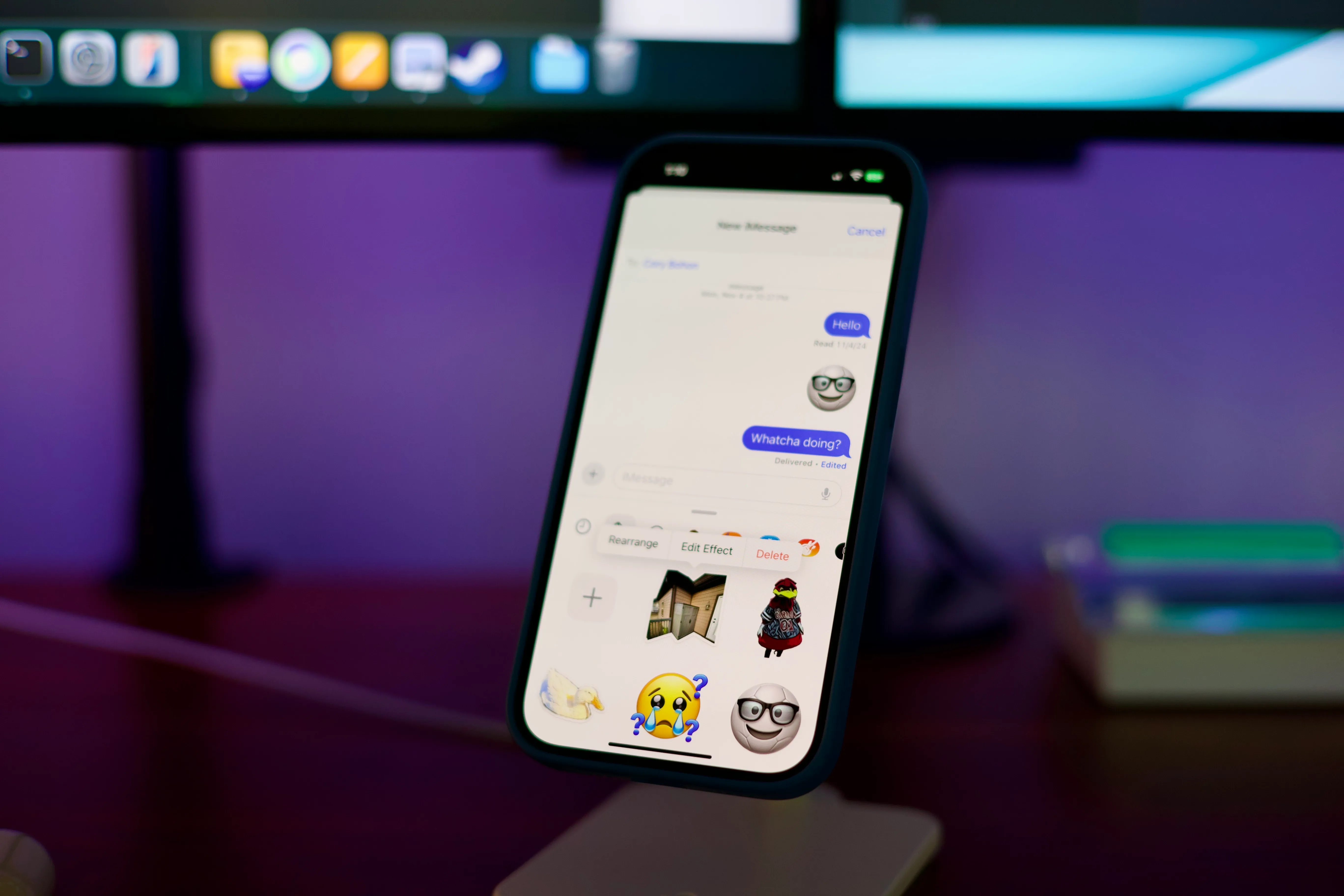Uber has lost market share to Lyft, its main competitor. Uber's US market share dropped from 84% to 77% between January and the end of May this year, and the ride-sharing company has continued to run into legal, public-image, and internal trouble. Lyft, on the other hand, has been growing.
Lyft has reached 150 new cities this year, and booking increased 135 percent over a year as of this April. Lyft's in-app tipping option - which Uber doesn't have - has been popular and has translated to higher earning potential for its drivers. Just today, they updated their tipping prompts to potentially create even more income for drivers from tips. While it is still smaller than Uber, Lyft's image is doing much better.
Uber has fallen into scandal, and is currently involved in six different legal challenges. Many of their failures relate to sexism and rape culture within the company. Recently a memo for the one of the apparently chaotic company parties where it had apparently become necessary to remind employees not to sexually assault each other, indicating not only less than professional interactions being expected, but a culture in which assault was not otherwise off-limits in practice.
The victim of a 2014 sexual assault by an Uber driver in India began a lawsuit against Uber, for violation of her privacy following the assault; it was reported on June 7th https://www.nytimes.com/2017/06/07/technology/uber-fires-executive.html?_r=0 that top executives at Uber obtained and kept a copy of her medical records, and used them to internally question whether assault had actually happened. Multiple employees were dismissed in connection to that mishandling.
Uber has other recurring problems with harassment and discrimination, allegations of which were confirmed last week from an investigation by Eric Holder, the former US Attorney General. In reaction to the investigation, Uber's CEO Travis Kalanick took a leave of absence, rather than creating a plan to go in a new direction or being replaced by a new CEO who could drive Uber there. Uber itself investigated 215 complaints, most of them related to gender discrimination, harassment, or retaliation. Uber does not look like a safe and respectful place to work, and that may be creating hesitation from riders as well as employees.
Uber's convenience and its ubiquity may not be outweighed in the future by its association with misogyny and rights violations, particularly when a competitor like Lyft has created a much sunnier public image.
- Follow Gadget Hacks on Facebook, Twitter, Google+, and YouTube
- Follow WonderHowTo on Facebook, Twitter, Pinterest, and Google+
Cover image via Unsplash/Pixabay
























Comments
Be the first, drop a comment!